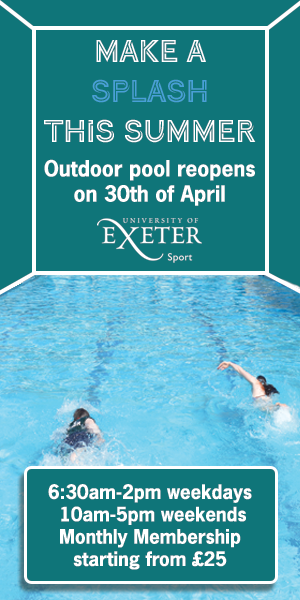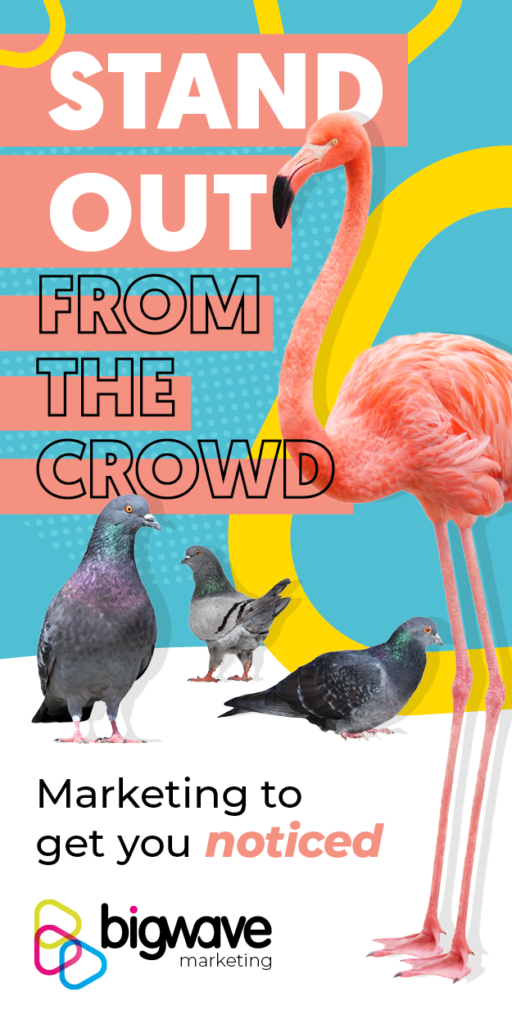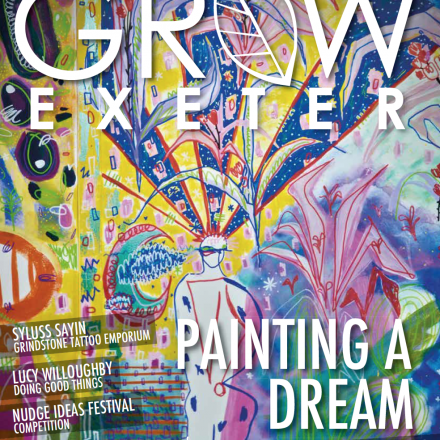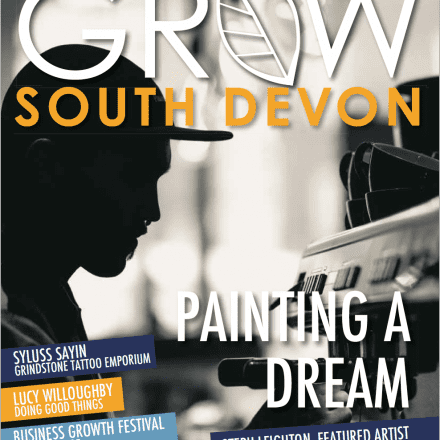
Uncharted Territory - An Interview With….. Pip Stewart
Written by Tracey Duke, Feature Photo by Peiman Zekavat
Pip Stewart, is a storyteller with a heart. She’s gutsy, determined, well travelled and knows a thing or two about pushing through both mental and physical barriers. She also happens to be one the most down to earth, beautifully infectious women that I’ve had the pleasure of meeting.
Pip Andersen and I caught up with Red Bull’s adventure writer, at her home in London, just ahead of her world first descent of South America’s third largest river; The Essequibo. It’s a challenge that has been talked about in the expedition industry for years but, as yet, never attempted.
Pip thank you so much for inviting us to your home here in London today. It’s great to be here with you; just two weeks ahead of your next big adventure. We’ll get onto that in a moment, but for now, let’s jump in with a little background about you and what ignited that passion for adventure.
Do you know what, I think that passion for adventure is in all of us. I was born in Germany and I did a lot of traveling as a kid; my Dad was in the RAF and I got carted around all over the place, so I grew up slightly nomadic. I really love that travel vibe and got into travel at University when I realised I had very long holidays each year. While everyone else was off doing serious things like getting internships, I was off traveling. It was only when I left Uni and had no job lined up, that I realised there was a reason for doing internships. So I went traveling again! I see it as a way to connect; with yourself, nature and the world around you.
Photo by Reza Pakravan
It sounds exciting and wonderful, but does it not take a lot of courage and guts to actually head off on that first adventure to remote parts? Did you travel on your own?
For me I started traveling mainly with partners and friends; it was a great way of dipping your toe in. The more you do it, the more you realise that actually, it’s ok. I think that a big barrier to travel is this fear that we all have. We’re only human; we have worries and doubts. If you’re nervous, if you can find people who can help you to start with, then eventually you’ll be like ‘Yeah I’ve got this. I can go on my own. It’ll be fine’.
I guess it’s creating reference points isn’t it? When you’ve done it once and really challenged yourself, you know you can go on and do it again.
For sure! I suppose my first big adventure was cycling from Malaysia to London, but I’ll rewind a little bit before that. I used to work for Innocent Drinks, but it didn’t really work out for me; turns out I was not a salesperson. It was an amazing company and I really enjoyed working there, but it wasn’t right for me. I’d really wanted to get into working in TV and so started looking for jobs in media; I applied for all sorts of internships, but I didn’t have any connections. I didn’t know anyone in London and I found that door after door was being slammed in my face. It was tough; I’m like ‘God I’ve got a degree from Oxford. I’ve done a load of work. Aren’t you just meant to walk out of Uni and straight into a job?’ This is the fallacy; we’re told that you can just get these jobs, but you can’t. I suddenly realised, for the first time in life, that it wasn’t actually that easy.
So I decided to move continent. I was like ‘Right. If I can’t get a job in London, then I’m moving to Asia’. So I applied to University in Hong Kong to do a Masters in Journalism and that opened a whole new world for me. I ended up working as a reporter and a TV anchor out there for a while and spent five years working in Hong Kong and Malaysia. So for me, it was about trying to think creatively about a problem. The doors were being shut in my face and I’m like ‘Man, I’m just really passionate about what I want to do, I’m not finding a way to do it here, so how can I think a bit differently to do it?’
Photo by Pip Andersen
Which is absolutely what we need to be doing; we just need to get out there and find another way.
Exactly! And also I think that, for me, there was an element of humility in that. I just assumed that that was the path that one takes and that it would be fine. When you get hit with failure and you realise that it’s not going to be handed to you on a plate and that you need to work a little bit harder, it’s a real eye-opening experience. I’m honestly grateful that I didn’t get what I wanted to do first time though.
So that perceived failure was what set you up for future success almost?
Yeah well, this is the thing. As a society, we see failure as a bad thing. But, when kids fail we don’t call it failing, we call it learning. As adults we get so het up thinking; ‘Oh God, I failed at that,’ or ‘I didn’t do very well at that’. Well, newsflash; you’re human and you can’t get everything right the first time!
And so at what point does our mindset change? At what point do we stop seeing learning as learning, but instead as a failure? Is it because of our schooling system where our students almost don’t have the time to make mistakes because it’s all about getting it right and getting the best results you can? If so, aren’t we just instilling a deep-rooted message that it’s not good to fail?
Definitely and actually you’ve touched on a really great point there with education. I’ve learned so much more by just getting out into the world and learning from the people in it than I ever did in a static classroom environment. Education at the moment is very linear I think. I’d get so stressed out about exams; I’d have panic attacks, which was ridiculous because actually when I’m relaxed, I’m so much better and I perform so much better. Yet we have this very structured education system, of which I’ve been a part of and I’m hugely grateful for, but I do think that there are other ways of educating our kids.
Photo by Pip Andersen
Absolutely! Especially given that we’re now not allowed to take our children out of school to travel during term time; I feel strongly that we’re doing them a huge injustice and depriving them of incredibly valuable life lessons. Ok, so let’s move on to talking about your first big adventure.
Yeah, so I was living in Malaysia; I was covering the election and doing some travel writing and reporting. My partner and I were thinking about going back to London and we were deciding how to get back. We’d always talked about going back overland and Charlie suggested cycling. At this point I was not a cyclist; I’d only ever cycled around Uni. I don’t know why, to be honest, but I just said ‘Yeah! Why not?’
And again, that was a fascinating experience because I didn’t train for it; I literally had a little cycle the day before I set off. Three weeks in though, I had a massive meltdown. I sat down on the side of the road and tried to break up with my boyfriend. I was like ‘You’ve picked the wrong girl. I can’t do this. I don’t have it in me,’ and he said to me ‘You know what Pip, this is not a physical journey. This is a mental one’. As soon as he said it like that, I knew I could do it; if it’s mental, it’s just a case of gritting it out.
So that’s a really important point; it’s looking at problems from a different angle. The second you flip it around and come at it from a different direction, it’s no longer a problem and you’ve got the power & control back.
Definitely! So recently I’ve been training in Wales, for an expedition to Guyana; essentially we’ve been learning how not to capsize. A couple of months ago, we were doing one of these training trips and there was a huge rock in the river. I just remember thinking; ‘Do not hit that rock. Do not hit that rock. Do not hit that rock’ and the only thing I was thinking about was this sodding rock.
Photo by David Bain
So what did you do? You hit the rock, right?
Yep! I hit the rock! The boat filled with water, it got completely flipped and I was out and swimming. The instructor said to me ‘Well where were you aiming for?’ and I was like ‘Well I was just looking at the rock, trying not to hit it’ and he was like ‘Exactly!’
When you’re facing the rock, you’re going to hit it, so look for the clear water instead. And I think that’s it; our problems in life are the rocks. We just need to look more at the solutions.
Before I went to the Amazon I googled “What can kill you in the Amazon?” Which is never a good idea; I lost count of the sleepless nights it gave me worrying about what might go wrong.
Even now, for my trip in February, I’m thinking there are so many risks. Obviously, we’re doing our best to mitigate them, but I think it’s reminding ourselves that we’re human. We’re hard-wired to worry and to look for things that could go wrong, but we also need to take a breath and remember that chances are, if you take all the safety precautions and you’re aware, you will be fine; better than fine, you’ll have a blast.
And on the bike ride, it became about focussing on getting to the end of today. And then tomorrow it was getting to the end of tomorrow. And then, at the end of 13 months I found myself under Big Ben going ‘Oh my God, I’ve just cycled 16,000 kilometers. How the hell did I do that?’
I didn’t do it by focusing on the whole thing, which was what I was doing when I had that breakdown. I did it by breaking it down into more manageable chunks; hour by hour, bit by bit. Can I make the next hour? Can I make it to that tree? It’s all about the small goals.
And I guess that you also have to be able to show vulnerability when you’re traveling as well.
A lot of this is about vulnerability and embracing your emotions. Something I talk about a lot when I’m speaking in schools, is don’t chase happiness, chase adventure. I almost think that sometimes our society is too focused on being happy. Why do we have to prioritise one emotion over another? A lot of the time on my adventures, I’m not happy.
When I was in the Amazon, I was talking to people whose family members had been murdered. That’s not anything to be happy about, but would I have changed being there and meeting them? No! I was uncomfortable, tired and upset in that situation but I wouldn’t have changed meeting them. There’s not just one emotion of happiness and I think that when you accept that emotion is one of a variety, you open the world up.
And that acceptance & understanding then, I guess, means that you don’t have to feel guilty about not being happy?
Yes, which makes feeling joyous, all the better. That’s what I love about travel; it pushes you to every corner of yourself. In daily life, why should we be happy all the time? It’s just like saying you should be sad all the time or you should be excited all the time. It’s just not realistic.
We’re seeing this huge mental health crisis in society at the moment and I just think that we need to be a bit kinder to ourselves and take some pressure off. Part of that for me, as a traveller especially, is that it forces you to be vulnerable. As a female traveller, and I’m pretty inept at most things to be honest, I think you just have to say; ‘Hands up. I don’t know what I’m doing here. Can someone help me?’ And I have found that that is the most valuable thing. Not trying to be this big, gnarly explorer. People love to help and that’s the thing.
OK Pip so you’re about to head off on your next adventure; literally exploring the unknown and using the digital world to document your journey. Tell me a little about what’s ahead for you.
So February 1st, myself and two friends; Laura Bingham and Ness Knight, are going to take on a world first by descending, from source to sea, the Essequibo River in Guyana. It’s never been done; partly because it’s dense jungle that we’ll be going through. It’s, literally, one of the last unexplored parts of the world and it’s a challenge that will push me to my limits.
It’s about 1000 kilometres and we’re hoping it will take two months. We have the support of the President; the first lady is sponsoring the expedition and we’ve also had a grant from the Sir Ranulph Fiennes charity TransGlobe Expedition Trust. Excited and nervous, would be the summary of this one.
The thing is though, at the end of the day, we’re just normal people who have stepped out of our comfort zone a little bit and then stepped a little bit more and then a little bit more. We are no different to anyone sat reading this thinking that they want to up their skill level or push themselves. I think that as long as you’re safe and you read up on the dangers, there’s no reason why anyone can’t do this kind of stuff.
Maybe so, but it takes a strong mindset to push yourself so far. Do you have any daily habits or practices that help you to maintain that focus and mindset?
I guess that I do tend to stay present at all times and I think that in recent years, what I’ve had is a very clear goal about where I’m trying to get to. I’ve also understood that it’s counting the small victories each day; I might not become the next Sir Ranulph Fiennes overnight but, in 25 years, by taking small steps, I might get close.
Pip, I and the entire team at Grow Exeter wish you every success in Guyana. It’s a phenomenal attempt and, having met you, I have absolutely no doubt that you’ll come home having achieved something truly extra extraordinary.
Follow Pip @Stewart_Pip and keep up to date with her next adventure at www.theessequibo.org












